In today’s fast-paced world, delivering projects on time and within budget has never been more challenging. With remote teams, complex deliverables, and shifting client demands, traditional project management methods often fall short.
Artificial Intelligence (AI)—a game-changing technology that’s redefining how projects are planned, executed, and delivered.
AI is no longer a futuristic concept reserved for tech giants. It’s here, and it’s reshaping industries across the board—including project management. In this article, we’ll explore how AI is transforming project workflows, what benefits it brings, and how organizations can prepare for this paradigm shift.
What Does AI Bring to Project Management?
At its core, AI refers to systems that can process large amounts of data, learn from patterns, and make decisions or recommendations. Applied to project management, AI brings intelligence and automation to processes that were once heavily manual.
Here’s what that looks like in practice:
- Predictive Analytics: AI tools analyze past project data to forecast potential delays, budget overruns, or resource bottlenecks.
- Task Automation: Repetitive tasks like scheduling meetings, assigning resources, or generating status reports can be automated, freeing managers for more strategic work.
- Real-Time Insights: AI dashboards update in real time, giving managers a bird’s-eye view of project health at any moment.
- Smarter Resource Allocation: Machine learning algorithms suggest optimal ways to distribute work across teams based on skillsets, availability, and past performance.
5 Ways AI Is Changing the Game in Project Management
1. Smarter Planning and Forecasting
AI-powered tools analyze historical data to create more accurate project plans. They can identify patterns—such as common causes of delays—and suggest proactive measures to avoid them.
2. Automated Administrative Work
AI can automate reminders, update task lists, and prepare detailed reports. This not only saves time but also reduces the risk of human error.
3. Proactive Risk Management
AI tools can monitor thousands of variables and flag potential issues—like resource conflicts or budget overruns—before they escalate.
4. Enhanced Collaboration Across Teams
AI-powered chatbots and virtual assistants enable real-time communication, help answer routine questions, and keep distributed teams aligned.
5. Data-Driven Decision Making
AI provides actionable insights based on real-time data, AI in project management helping managers make faster, more informed decisions.
Real-World Applications of AI in Project Management
- Construction: Predict delays caused by weather or supply chain issues.
- IT: Use AI for sprint planning and backlog prioritization.
- Healthcare: Manage complex research projects and clinical trials more efficiently.
Challenges in Adopting AI
- Data Quality: AI is only as effective as the data it’s given.
- Team Resistance: Concerns about job security or disruption to current workflows.
- Skill Gaps: Project managers need basic AI literacy to leverage tools effectively.
Overcoming these challenges requires strategic planning, training, and clear communication.
Preparing for the AI-Driven Future
AI is not here to replace project managers, but to empower them. Here’s how to prepare:
- Start Small: Pilot AI tools on smaller projects.
- Upskill Your Teams: Train in data literacy and AI fundamentals.
- Embrace Change Management: Involve teams early and communicate benefits.
Final Thoughts
The integration of AI in project management marks a pivotal shift in how businesses operate. From smarter planning to proactive risk mitigation, AI enhances both efficiency and outcomes.
As AI technology evolves, it will become a staple in project strategies. Early adopters stand to gain a competitive edge.

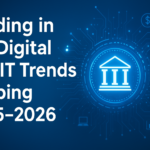
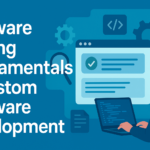





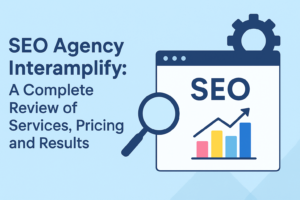
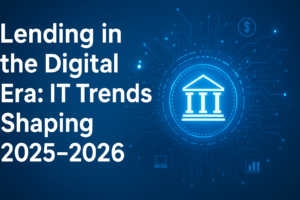
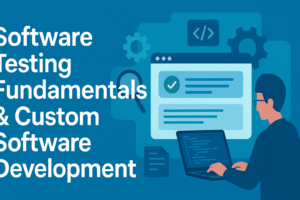


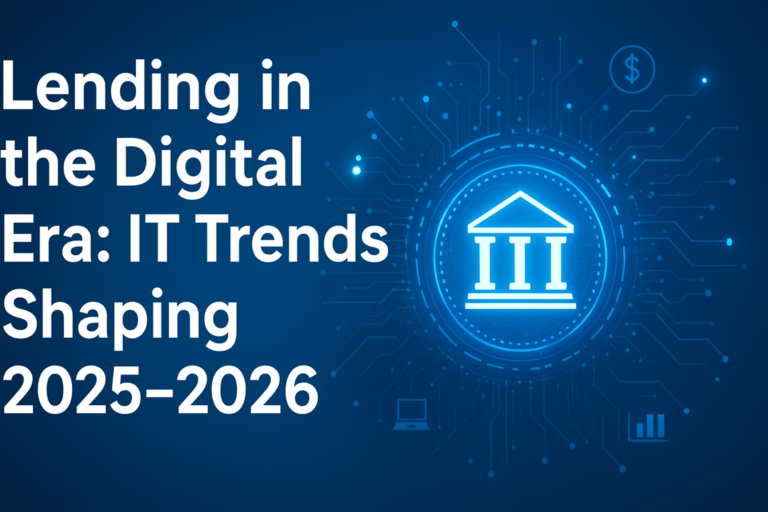
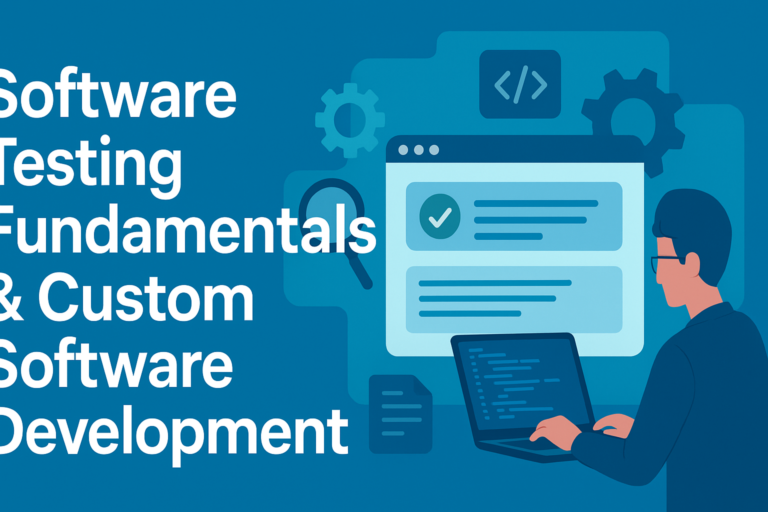

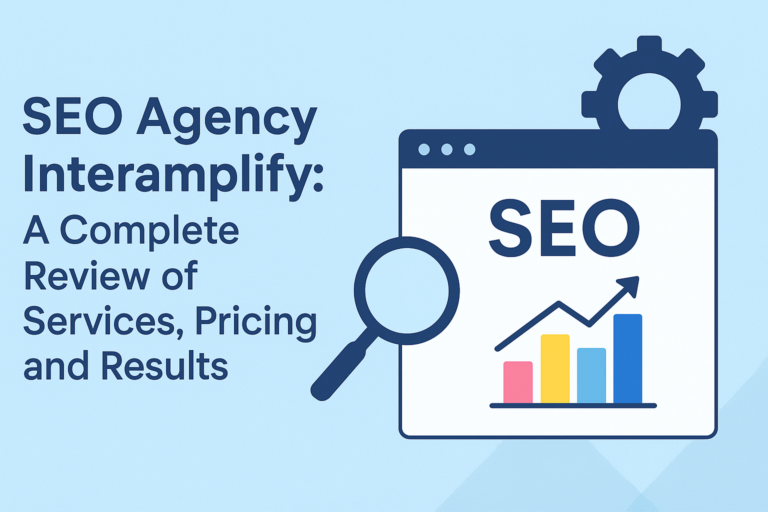


2 thoughts on “AI and the Future of Smarter Project Management”
Comments are closed.